Have you ever felt like your cat is the true master of your household schedule? Beyond their playful antics and affectionate purrs, cats often adhere to strict routines that they expect their human companions to follow. Recognizing these patterns can enhance your relationship and ensure a harmonious living environment for both of you. Here are clues that your cat has a schedule they expect you to follow.
Consistent Feeding Times
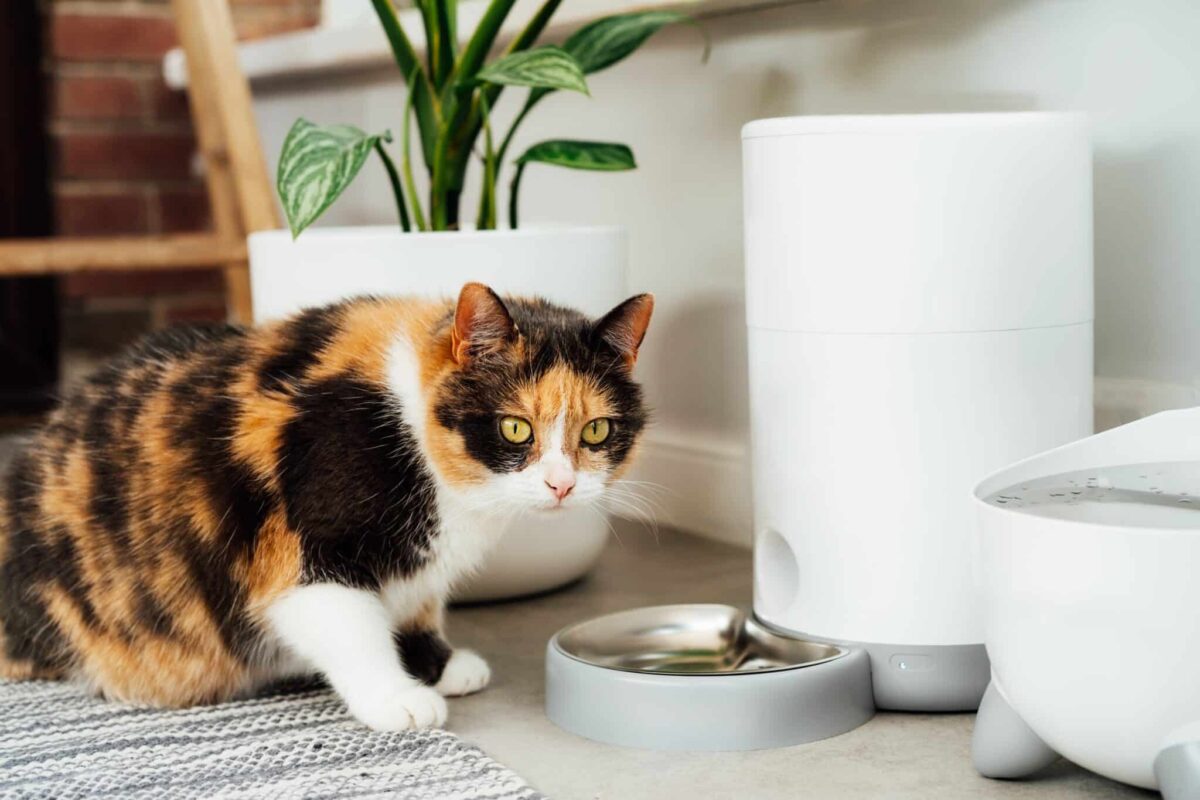
Your cat arrives at the kitchen precisely when it’s mealtime, often with the same level of enthusiasm each day. They might associate specific times with being fed and patiently—or impatiently—wait for their bowl to be filled. Missing these mealtimes can lead to vocal reminders or increased agitation from your feline friend. This consistency not only satisfies their hunger but also provides a sense of security through routine.
Morning Wake-Up Calls
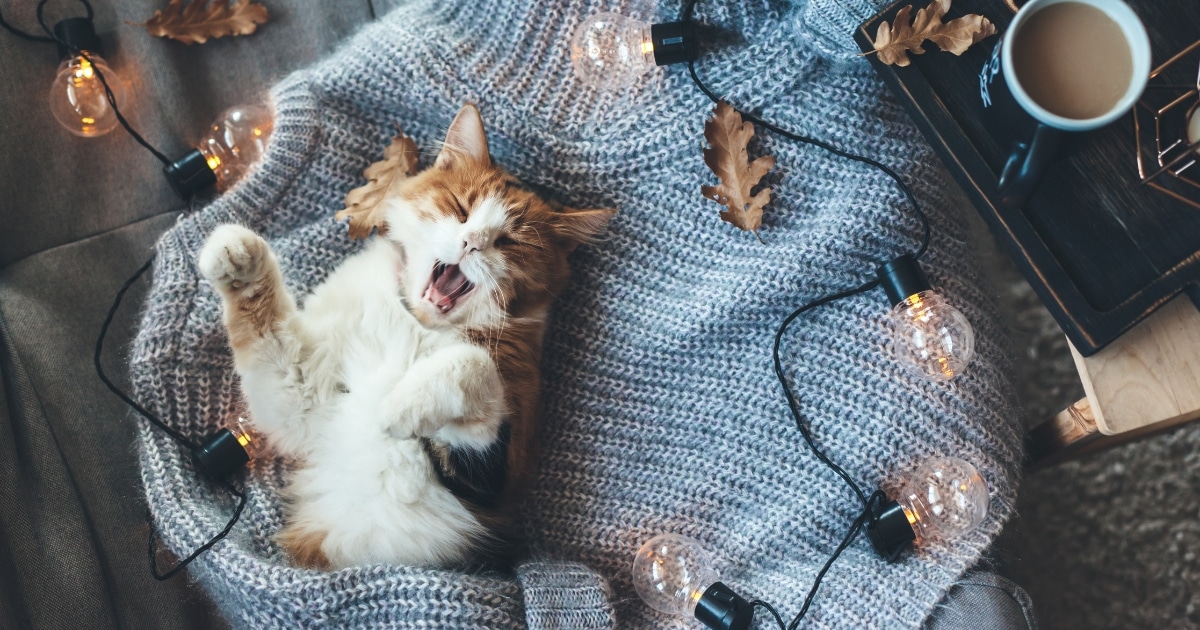
Many cats have a knack for knowing exactly when you wake up. They might start meowing, pawing at your bed, or even bringing you “gifts” to ensure you get up at a specific time each morning. This behavior signals their expectation for attention or breakfast right after you rise. Over time, your cat becomes attuned to your sleep patterns, making these wake-up calls a predictable part of your day.
Playtime Rituals

Cats often designate particular times for play, whether it’s chasing a favorite toy, pouncing on a laser pointer, or engaging in interactive games. These play sessions not only provide physical exercise but also mental stimulation, keeping your cat happy and healthy. By adhering to a set playtime schedule, your cat knows when to seek your attention for their daily dose of fun, strengthening your bond through shared activities.
Nap Schedule
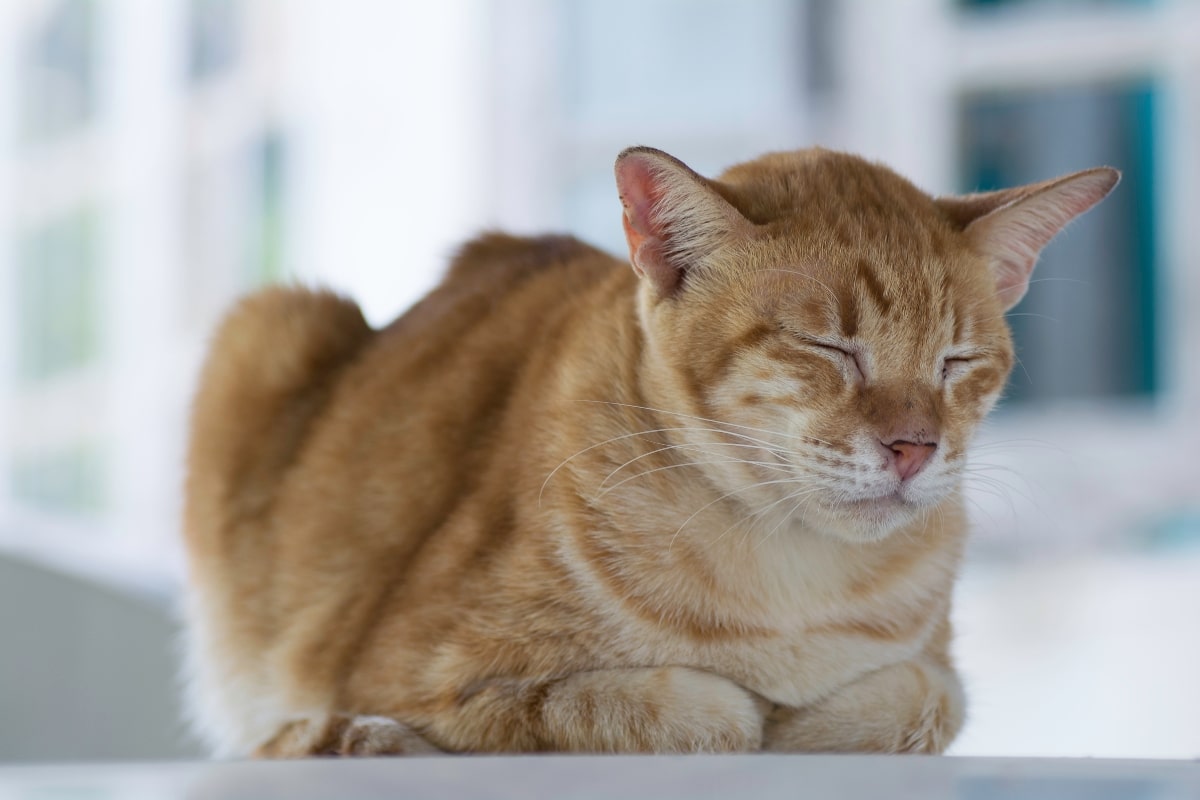
Cats are notorious for their love of napping, and they often choose specific times and spots to rest each day. Whether it’s a sunny windowsill in the afternoon or a cozy blanket near your workspace, your cat’s nap schedule can align closely with your own daily routines. This synchronization ensures that both you and your cat get the rest you need, fostering a peaceful coexistence where downtime is respected and cherished.
Litter Box Routine
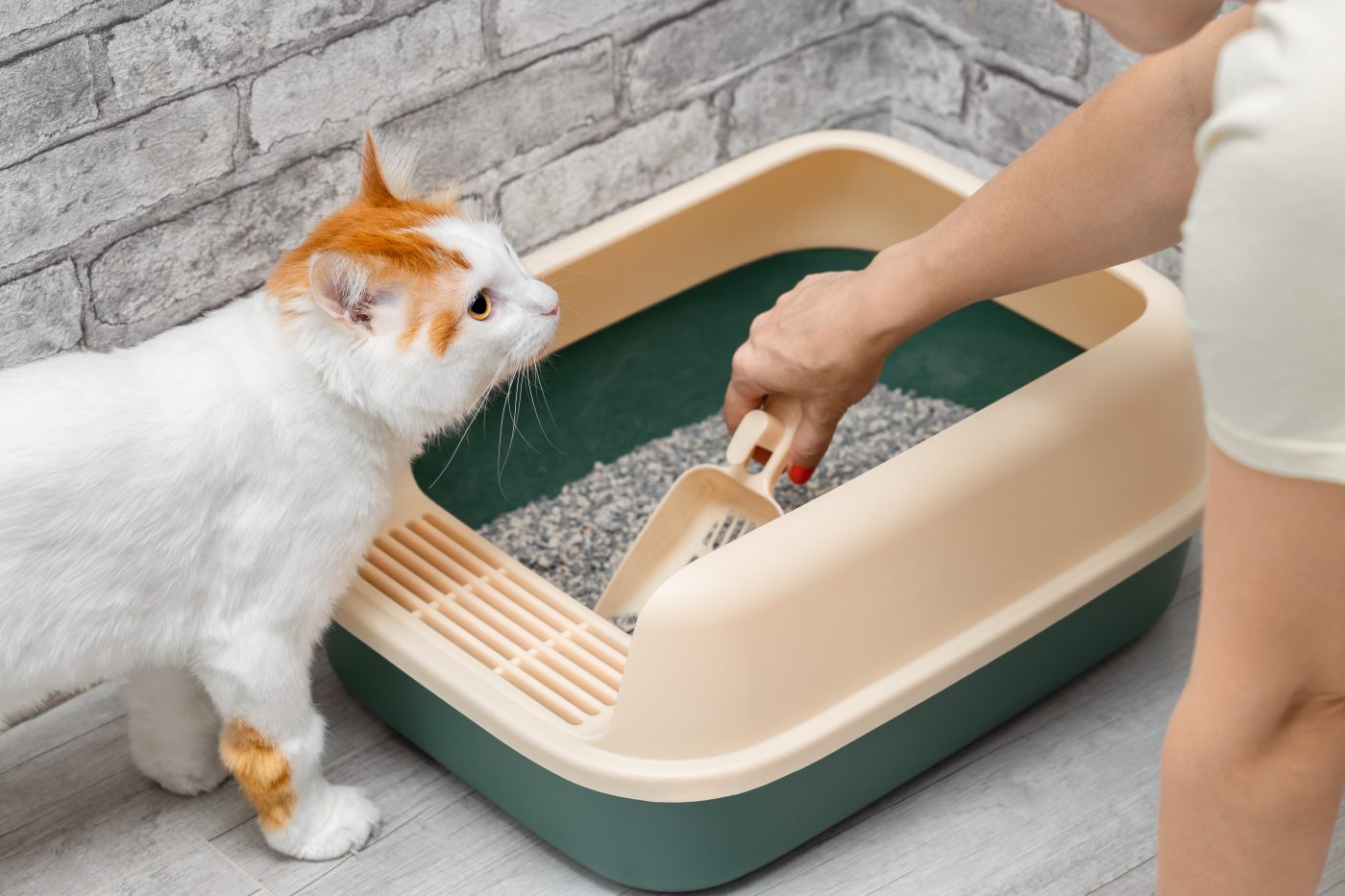
Regular visits to the litter box are a clear indicator of a cat’s structured routine. After meals, play sessions, or waking up from a nap, your cat is likely to make a trip to their litter area. This predictable behavior helps maintain cleanliness and hygiene, as well as signaling to you that everything is in order. A consistent litter box routine also reassures your cat that their needs are being met reliably.
Evening Cuddles
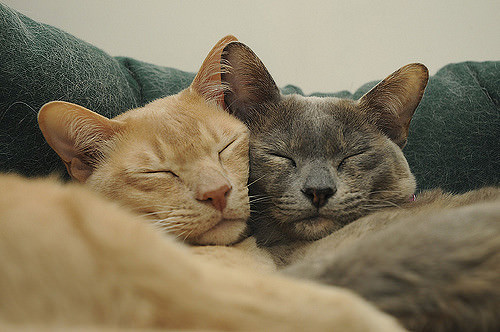
As the day winds down, many cats seek out affection and companionship from their owners. This might involve curling up on your lap, kneading a favorite blanket, or following you around the house in the evening hours. These cuddling sessions are not only comforting for your cat but also reinforce the emotional bond between you. By expecting and enjoying this nightly routine, your cat ensures a peaceful and loving end to the day.
Scheduled Grooming Sessions

Cats take pride in their cleanliness and often have specific times dedicated to grooming themselves meticulously. You might notice your cat spending extra time licking their fur or seeking your help with brushing during certain parts of the day. This grooming routine helps maintain their coat and skin health while also serving as a calming activity. When your cat expects you to participate in or respect their grooming schedule, it highlights their need for regular care and attention.
Hunting Instincts
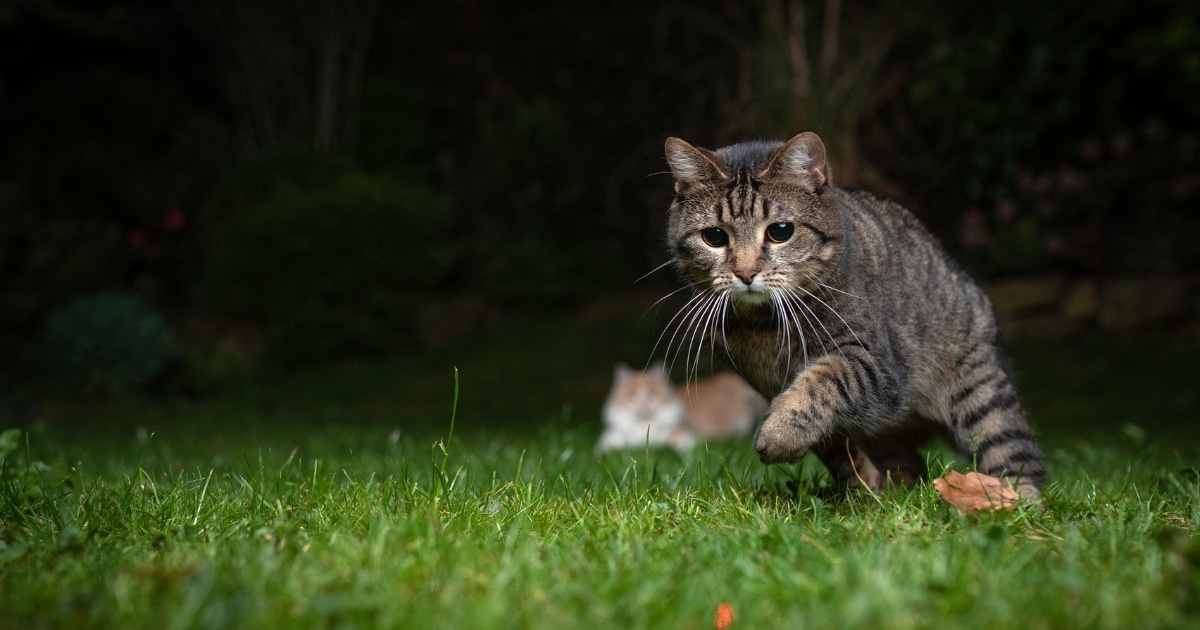
Even indoor cats retain their natural hunting instincts, which can follow a daily pattern. They may engage in stalking and pouncing behaviors at the same times each day, mimicking the rhythms of wild hunting. Providing scheduled play sessions that tap into these instincts can satisfy your cat’s predatory urges and keep them mentally stimulated. Recognizing and accommodating these hunting rituals helps your cat feel fulfilled and active.
Nighttime Activity
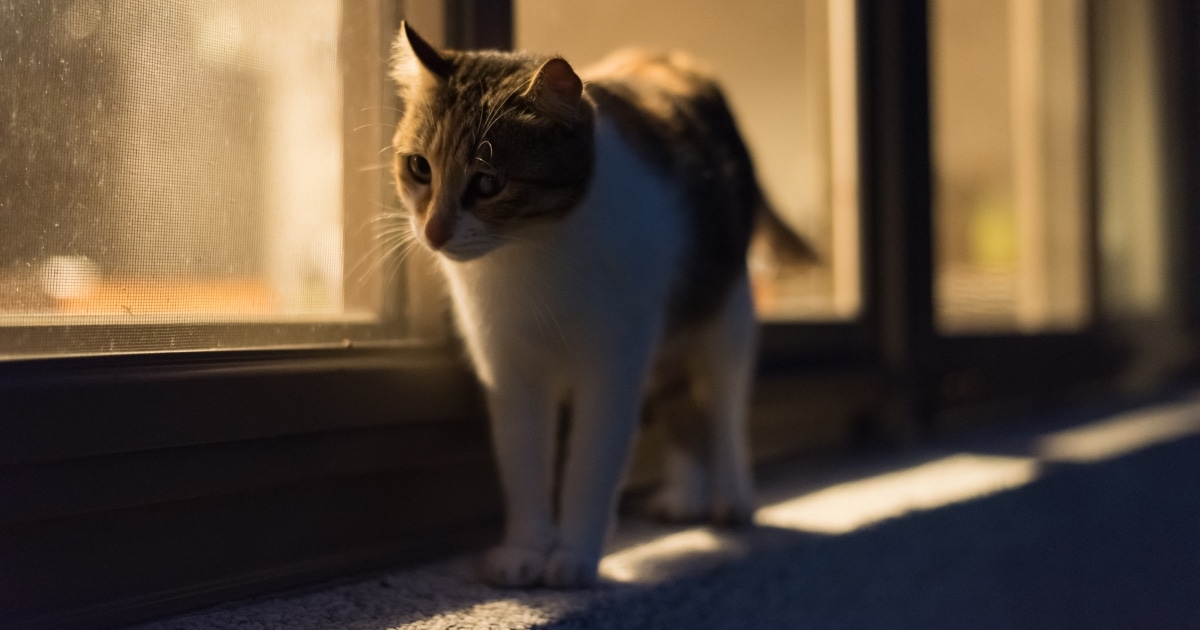
Cats are crepuscular by nature, meaning they are most active during dawn and dusk. However, some cats adjust their activity levels to match their household’s schedule, leading to bursts of energy at night. They might climb, explore, or play vigorously when you’re winding down, expecting you to engage with them during these active periods. Understanding your cat’s nighttime rhythms can help you manage their energy and ensure they get the stimulation they need.
Territorial Checks
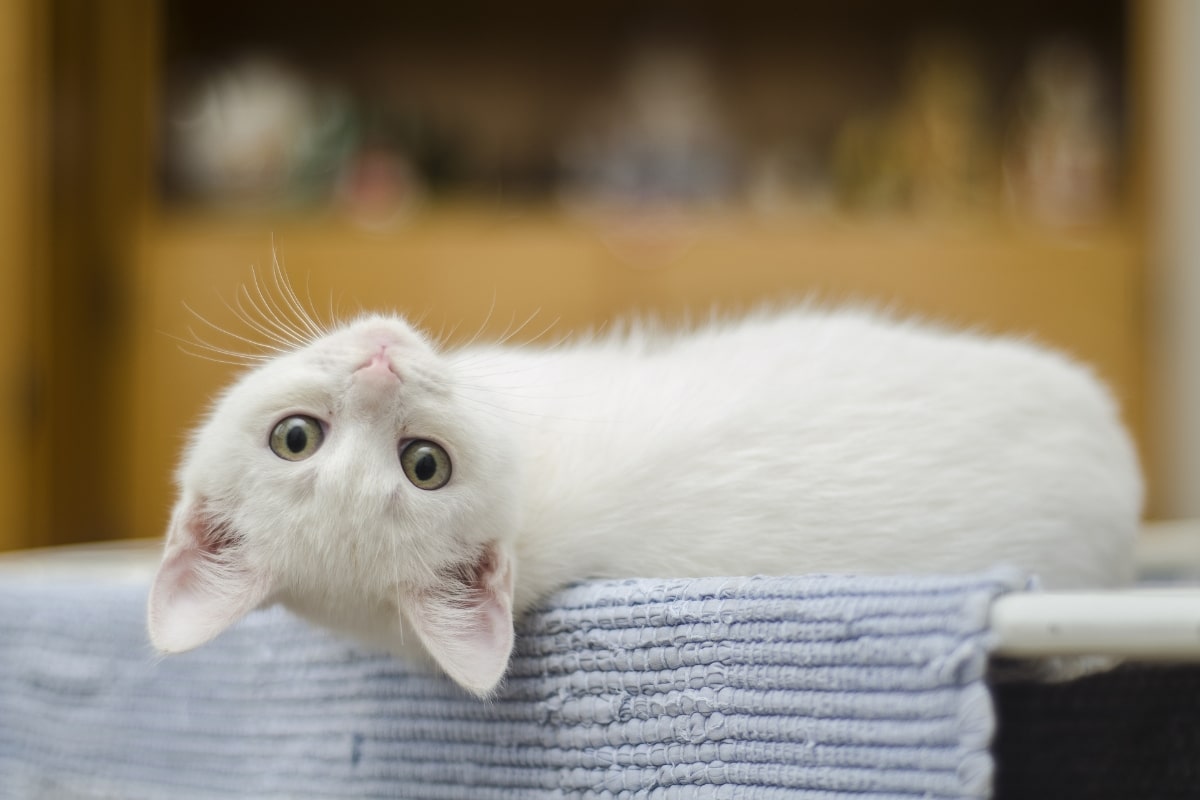
Regular patrols of their territory are a sign that your cat maintains a structured routine to ensure their environment is safe and secure. These checks often occur at the same times each day, such as after meals or before bedtime. By monitoring their domain consistently, your cat reinforces their sense of control and comfort within the home. This behavior underscores the importance of a stable environment where your cat feels protected and in charge.
Holiday and Event Awareness
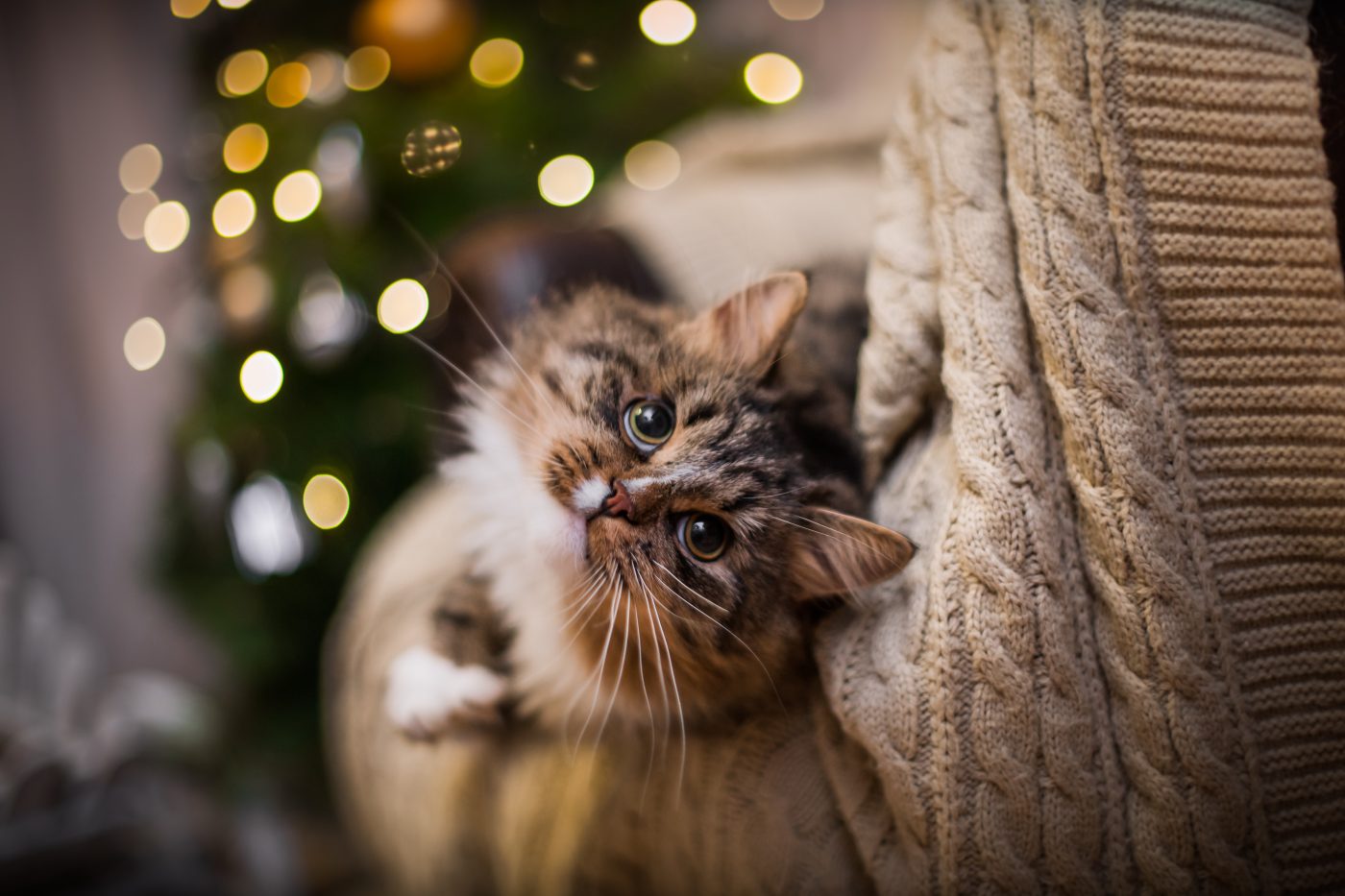
Cats can be sensitive to changes in routine, especially during holidays or special events. They may react differently by sticking even more closely to their schedule or showing signs of stress when deviations occur. This awareness indicates that your cat anticipates and relies on their regular patterns to navigate changes in the household. Maintaining as much consistency as possible during these times helps your cat feel secure and less anxious.
Rhythm of Your Feline Friend
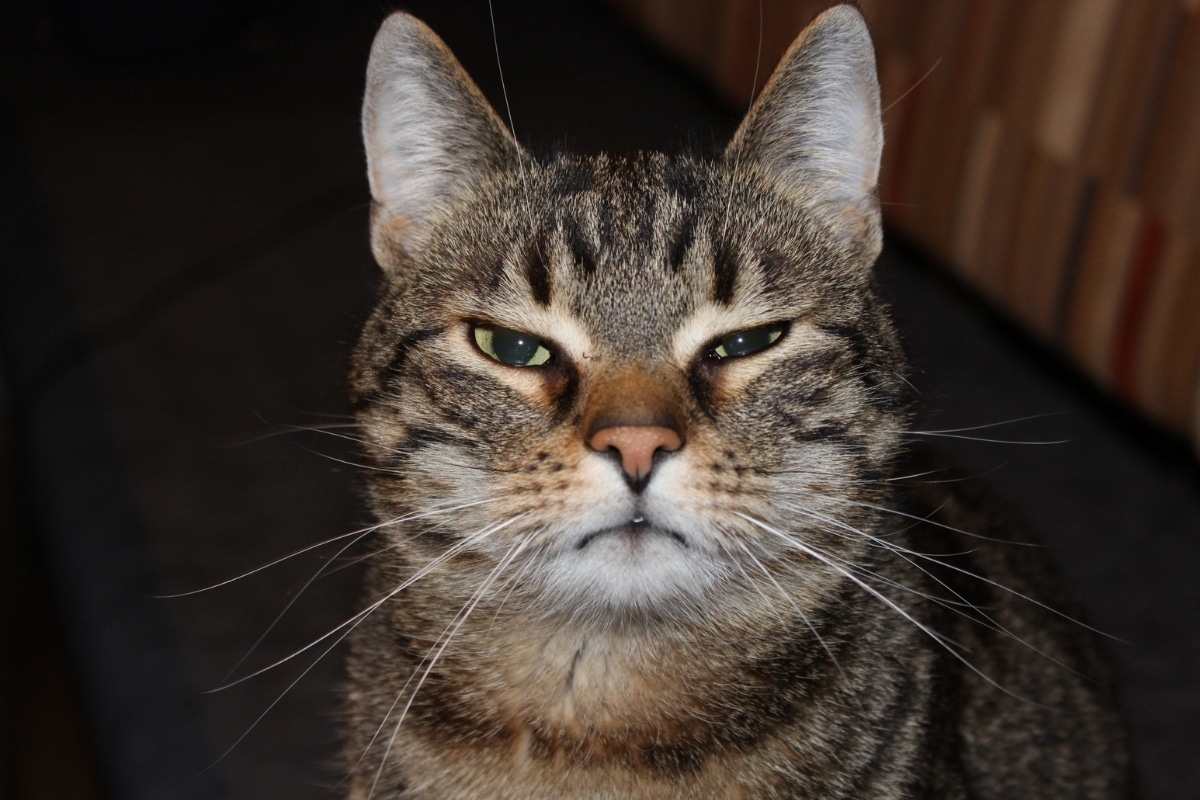
Cats are creatures of habit, and recognizing these scheduled behaviors can deepen your bond with them. By paying attention to these clues, you can better accommodate your cat’s needs and create a stable environment they thrive in. Embracing their schedules not only makes your life easier but also ensures your feline friend feels secure and loved. So next time your cat insists on a routine, remember—it’s their way of keeping the harmony in your shared home.

